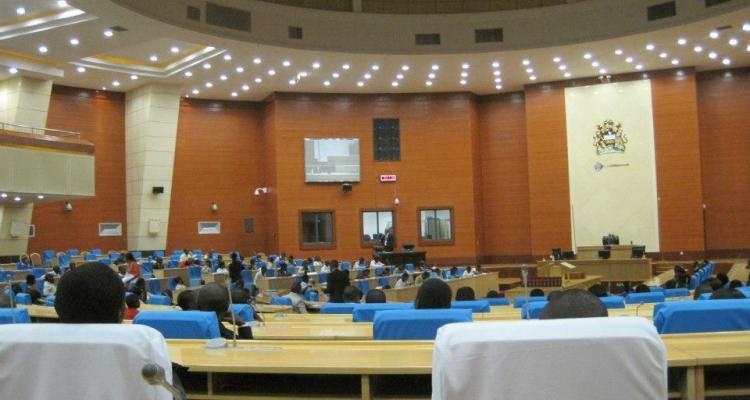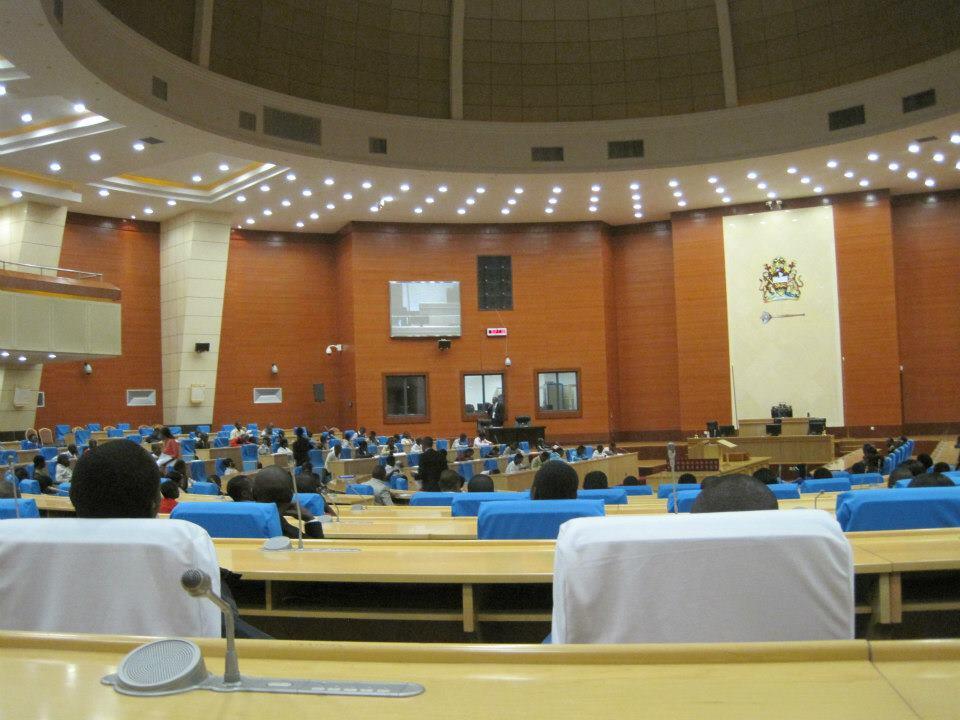
During the last budget meeting of Parliament the Access to Information (ATI) bill was tabled for debate.
However in order to do justice to this important bill, Parliament referred it to the relevant Committee for close scrutiny before it is debated and passed by the whole House.
Malawians recall that before the Executive Arm of Government through the relevant Minister presented the bill to Parliament the Cabinet made changes to the ATI bill.
Among the several changes made is that the ATI bill should not apply retrospectively when it becomes an Act of Parliament.
Indeed the state president is on record to have stated that if the passed bill will contain this provision and the other provisions he does not like he will not sign the bill (in legal language he will withhold his assent).
If this happens Parliament can, under section 73(3) and (4) Of the Constitution, override a presidential veto with a simple majority.

In view of the foregoing, I would like to point out that the ATI bill being a civil law can apply retrospectively as there is already a precedent.
In December 1994 Parliament passed the Presidents (Salaries and Benefits) Act which applied retrospectively. Section 3 of the Act provides that: The application of this Act shall extend to any former president who ceased to hold office before the commencement of this Act and shall so retrospectively apply to the date he ceased to hold office.
Even the National Compensation Tribunal provision in the Constitution was made to apply retrospectively. It is only criminal law that cannot be applied retrospectively as this is expressly forbidden by the Constitution under section 44(1)(f).
The section provides that: There shall be no derogation, restrictions or limitation with regard to the prohibition on retrospective criminalisation and retrospective imposition of greater penalties for criminal acts.
As the ATI bill will facilitate the free flow of information which is the bedrock of genuine democracy it is proper and right that it applies retrospectively when it is passed by Parliament.














